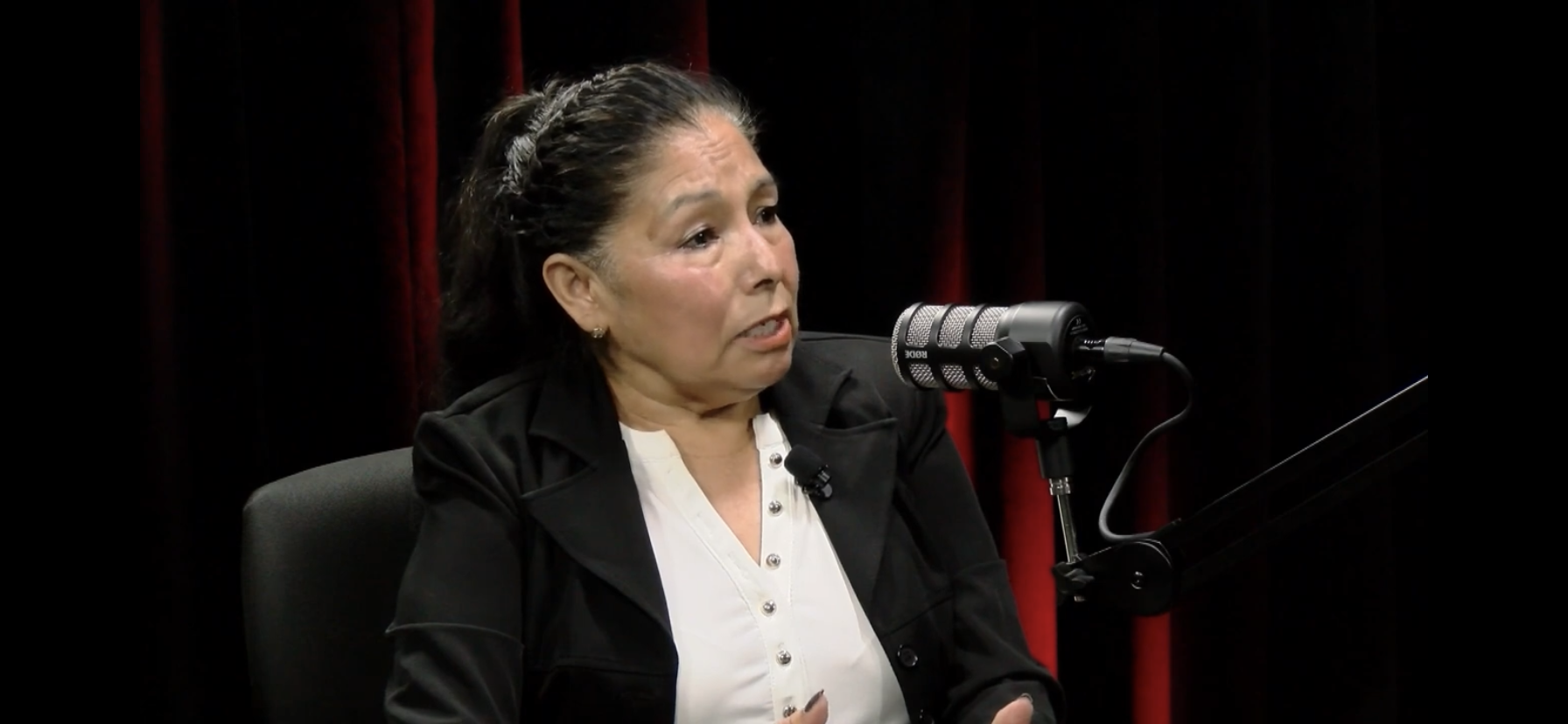There are over 100 thousand people waiting for transplants in the U.S., and 60 percent are from marginalized communities, according to the Health Resources and Service Administration.
Donate Life America seven finds that seventeen people in the United States die each day waiting for an organ, and a new person is added to the national transplant waiting list every nine minutes.
When it comes to kidney donations; the wait from a deceased donor is three to five years, or longer. There are almost 90,000 people on the national transplant waiting list in need of a kidney.
Hispanic Latinos are among the groups that most need transplants, but often don’t get the life saving operation because they lack the resources to obtain post-transplant medications needed to maintain the transplanted organ and their life.
The Illinois Transplant Fund, founded in 2015, aims to increase access to organ transplants by targeting the inequity of health insurance access.
Catalina Ramos Hernandez, Program Coordinator with ITF was a guest on the podcast, “3 Questions With…”, hosted by Hugo Balta, publisher of IL Latino News.
In Illinois, 16 percent of adults with incomes below 200 percent of the Federal Poverty Level are uninsured. This impacts low-income individuals, the working poor, and people of color. The ITF focuses on increasing access to health insurance for qualified Illinois residents listed for organ transplants. “The transplant center(s) said, “We are willing to do the surgery for free”, but the problem is the medications that they (patients) need to take for life and they are extremely expensive,” recalled Ramos Hernandez in outlining the social problem. “Sometimes three, four thousand dollars a month.”
For eligible patients, ITF assistance covers 100% of the monthly health insurance premium for the insurance plan selected by the patient. After three years, ITF works with each transplant recipient family to transition the responsibility for their insurance needs to the patient by reducing ITF support gradually, unless a patient remains unable to contribute due to financial hardship. To date, no patient has been removed from ITF support who could not afford his/her own insurance.
Although the Hispanic-Latino population is among the groups that most need transplants, they are among the most reluctant to register to become donors. “We (Latinos) need to donate more,” said Ramos Hernandez. “Whether it is a lack of education or lack of willingness is still in debate.” Ramos Hernandez believes one of the main barriers to Latinos becoming organ donors is a need for more diversity in the medical field. She considers a culturally sensitive approach to engaging with potential Latino organ donors is needed.
Balta is an organ donor. Last year, he donated one of his kidneys to his wife, Adriana. The transplantation was the second one for her as she underwent a liver transplant nearly 20 years ago.
SUGGESTION: Organ Donation: A Birthday Story

Balta is also a board member of the Illinois Transplant Fund.
“3 Questions With…” is co-produced by the Latino News Network (LNN), an independent, multimedia digital news outlet with local newsrooms in the Northeast and Midwest, including IL Latino News and CAN TV, Chicago’s hub for community centric news, hyperlocal stories and educational resources.
